Incredible facts about the animals
Here are unbelievable facts about animals that you may not have heard about such as the lizard's tongue is twice as long as their body, the otters often hold hands when sleeping, hippos' blood sweat. '.
Gecko's tongue is twice as long as their body length and is often rolled up inside the mouth. When catching prey, it launches this tongue at a speed of up to 97km / h.
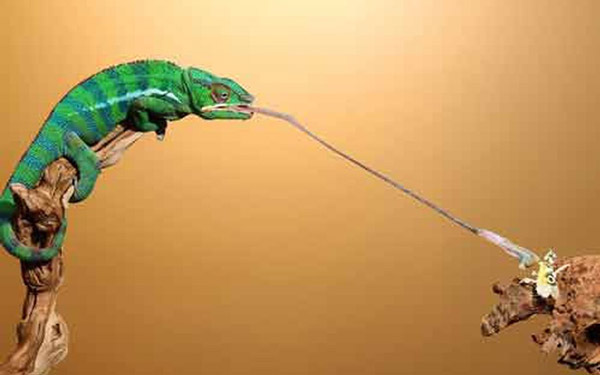
When Atlantic albatross is about 3-5 years old, it will choose a "partner" to pair for the rest of its life.
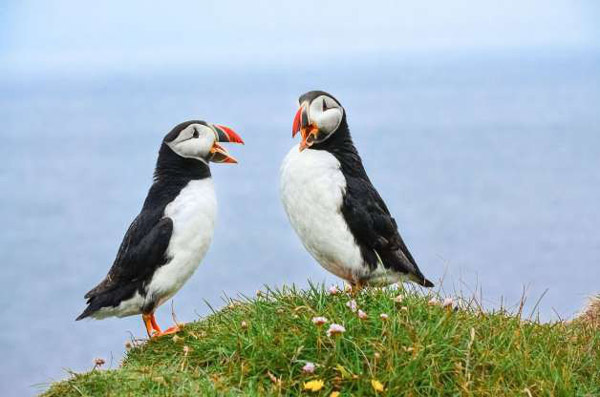
The bald eagles usually build nests of very large size, usually 1.2-1.5 meters wide and 1.2 meters deep. Even, people have also recorded the nest to 2.8 meters wide and 6 meters deep.
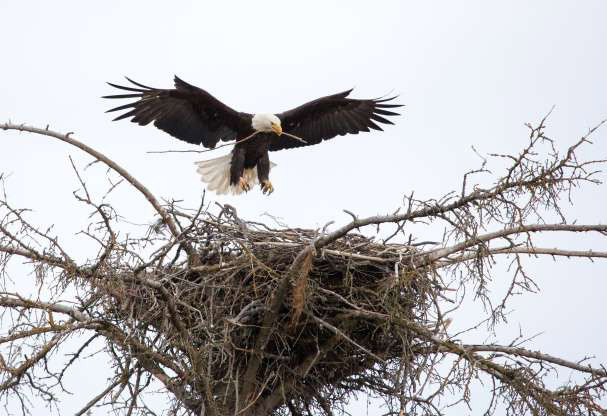
The otter often sleeps on the surface of the water and holds hands to avoid drifting from the flock.
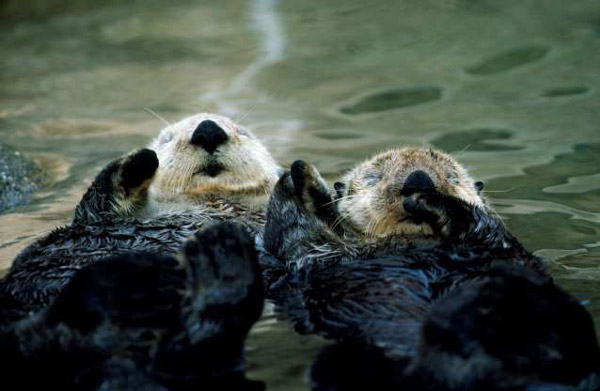
The sex of some small turtles (and also crocodiles) is determined by the temperature of the sand when the eggs are buried. Due to global warming, the temperature of beaches around the world will increase, resulting in more female turtles being born, resulting in a natural gender imbalance.
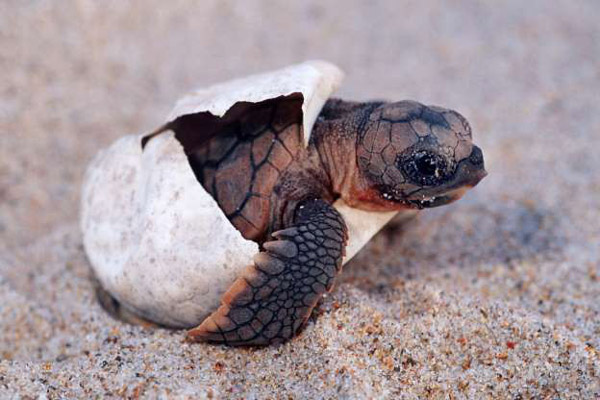
Sharks can have up to 30,000 teeth in their lifetime, they have many rows of teeth underneath their teeth.
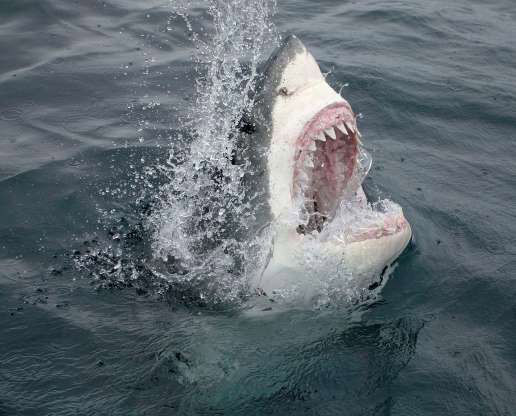
Although lions are found mainly in plains and steppes, they are still called the "king of the jungle".
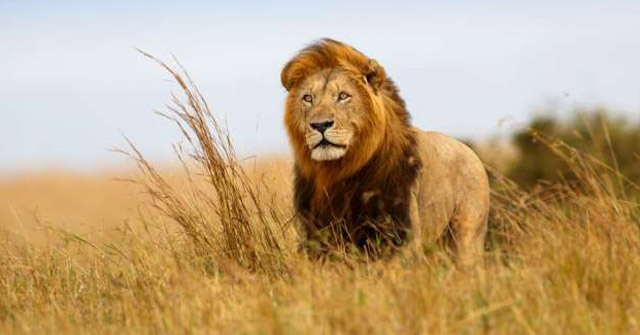
Dragonflies have 6 legs, which are mainly used for grasping, catching and attaching to trees, not for walking.
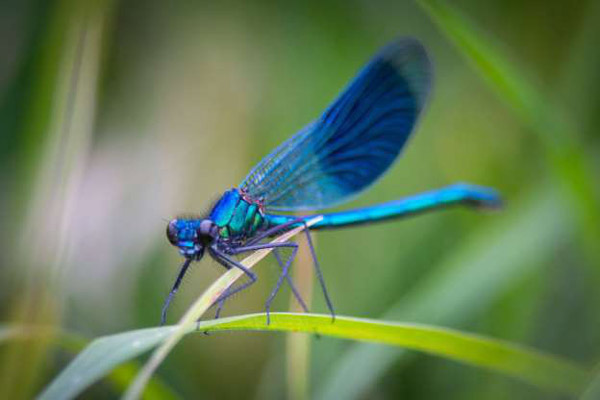
To satisfy hunger and thirst, giraffes can eat up to 45kg of leaves and small branches in a day.
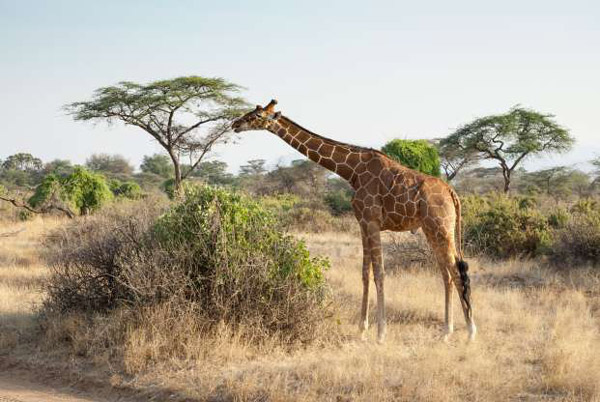
The 'balanced' feature of some jellyfish allows them to rearrange their tentacles if any of them are broken.
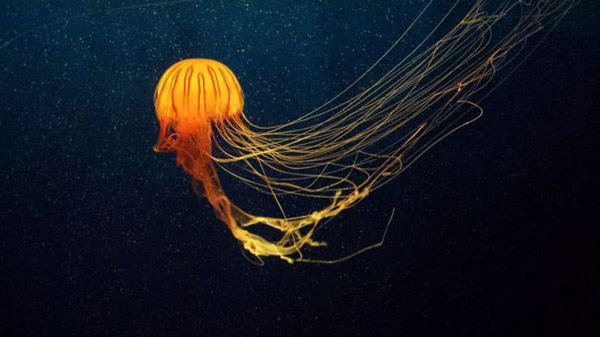
The blue whale, the "sea giant" has a tongue about as heavy as an elephant, and its heart is as heavy as a car. One eat, blue whales can eat all 4 tons of crustaceans.
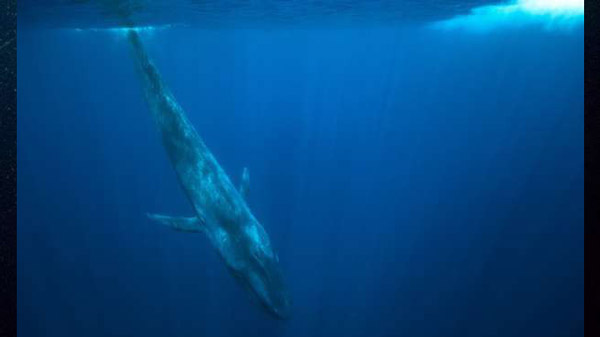
Hippopotamus secretes a red mucus, also known as "blood sweat." The fluid works like a sunscreen, moisturizes skin, even antibacterial and is waterproof.
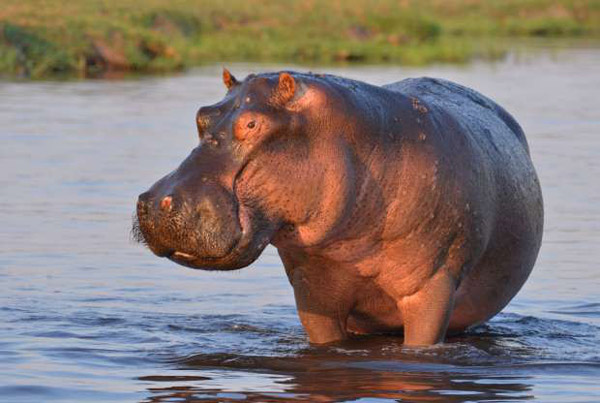
Octopus has 3 hearts: 1 heart has the role of circulating blood and 2 hearts have the role of transporting blood.
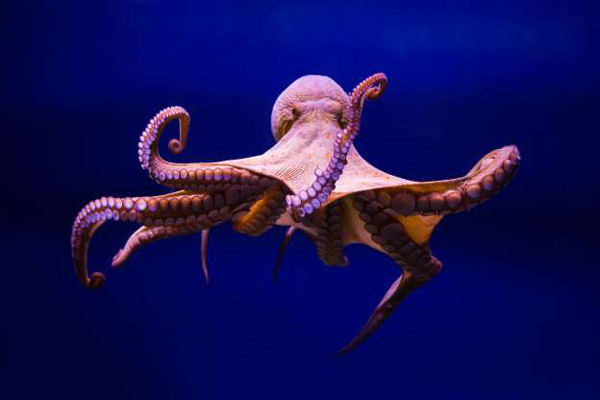
Hummingbirds are the only birds that fly backwards but their legs are so short that they cannot walk.
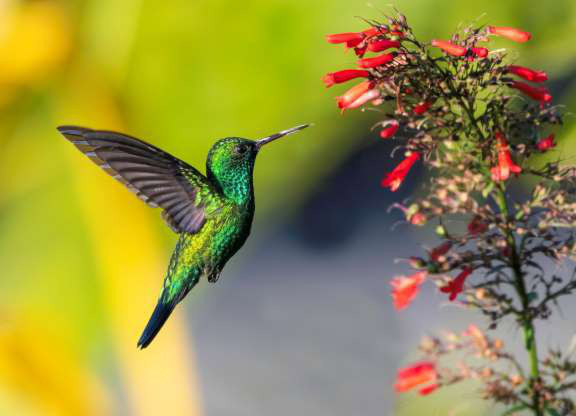
You should read it
- ★ Close up of the screen to eat the scary prey of the 'ocean killer'
- ★ Thought about to have a hearty meal, flying lions biting giraffes and bitter endings
- ★ Cows also have close friends and 10 facts about animals you may not have heard before
- ★ Dumb fish and 11 misunderstandings about animals
- ★ Sharks plunge into gobbling up giant fish thousands